Plastic waste recycling targets; PPP mode for recycling
WhatPackaging?’s weekly updates on news stories gearing toward a sustainable future.
16 Oct 2021 | By WhatPackaging? Team
Centre announces plastic waste recycling targets
The Environment Ministry has issued draft rules that mandate producers of plastic packaging material to collect all of their produce by 2024 and ensure that a minimum percentage of it be recycled as well as used in subsequent supply. It has also specified a system whereby makers and users of plastic packaging can collect certificates — called Extended Producer Responsibility (EPR) certificates — and trade in them. The notification is expected to come into force by 6 December and, as of now, is open to public feedback.
Plastic packaging, as per the rules made public on 6 October, fall into three categories: The first is “rigid” plastic; second is “flexible plastic packaging of single layer or multilayer, plastic sheets and covers made of plastic sheet, carry bags (including carry bags made of compostable plastics), plastic sachet or pouches; and the third category is called multi-layered plastic packaging, which has at least one layer of plastic and at least one layer of material other than plastic. Producers of plastic will be obliged to declare to the government, via a centralised website, how much plastic they produce annually. Companies will have to collect at least 35% of the target in 2021-22, 70% by 2022-23 and 100% by 2024. There are similar targets, with slight variations, for companies that use packaging material as well as import them.
Bring plastic waste recycling model under PPP mode: Niti Aayog
The government’s think tank Niti Aayog along with the UNDP has called for the material recovery facility (MRF) to be funded and operated in the public-private model as it ensures compliance with regulations and improves resource utilisation. It has suggested urban local bodies across states adopt the material recovery facility (MRF) model and implement it as a public-private partnership model for sustainable management of urban plastic waste. “The MRF model for plastic waste management (PWM) needs to be funded and operated in the public-private partnership model,” Niti Aayog said in a handbook on sustainable urban plastic waste management, jointly released with UNDP recently. The handbook suggests India generates about 3.4-million tonnes of plastic waste per year and about 70% of plastic packaging products are converted into plastic waste within a short period.
Adidas 100% recycled jacket is solving plastic pollution
Working with Parley for the Oceans and the material science company PrimaLoft, Adidas has created a comfortable, functional and fashionable hooded jacket that’s ready to wear outdoors. It’s made with 100% recycled fiber and uses a no-dye technology. The jacket is made with a woven shell made with PrimaLoft’s insulation. The insulation is lightweight, insulating, quick-drying and breathable and still made from 100% recycled fibre. The jacket design itself has two-hand zip pockets, classic Adidas branding, and an elastic hood. Additionally, the Terrex MyShelter is made with plastic waste that was intercepted from shorelines and coastal communities before it could get into the oceans. This jacket from Adidas is the start of a solution to put an end to this problem and the company’s commitment to do their part in helping rid the world of plastic waste.
ExxonMobil to build its first large-scale plastic waste advanced recycling facility
ExxonMobil plans to build its first, large-scale plastic waste advanced recycling facility in Baytown, Texas, and is expected to start operations by year-end 2022. By recycling plastic waste back into raw materials that can be used to make plastic and other valuable products, the technology could help address the challenge of plastic waste in the environment. A smaller, temporary facility is already operational and producing commercial volumes of certified circular polymers that will be marketed by the end of this year to meet growing demand. The new facility follows validation of ExxonMobil’s initial trial of its proprietary process for converting plastic waste into raw materials. To date, the trial has successfully recycled more than 1,000-metric tonnes of plastic waste, the equivalent of 200-million grocery bags, and has demonstrated the capability of processing 50-metric tonnes per day.
British startup turning plastic waste into wax
A British startup’s innovation to tackle plastic pollution by decomposing the material into a wax that’s digested by nature is making inroads in Asia. Polymateria, which has a lab on Imperial College London’s campus, has struck a deal with a supplier to 7-Eleven in Taiwan. The company has also inked a deal worth as much as USD 100-million to license its technology to Taiwan’s Formosa Plastics, one of the world’s biggest petrochemical manufacturers. Godrej Consumer Products in India will also start to use Polymateria’s packaging beginning later this year, he said. The startup also has licensing agreements with other plastics producers in the Philippines and Malaysia. The company says it’s the first to offer a fully biodegradable solution that leaves no microplastics behind and doesn’t require any special equipment to manufacture or biodegrade. Still, the technology isn’t without controversy, with some scientists calling for an approach that’s based on reducing the use of plastics and recycling instead.


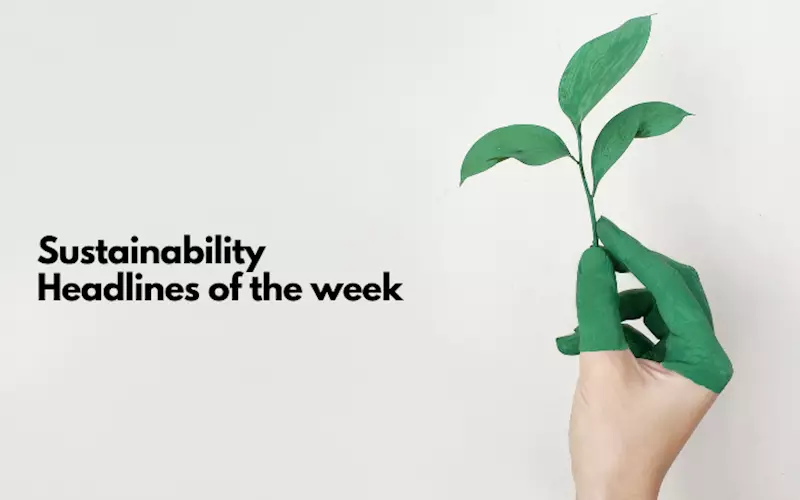
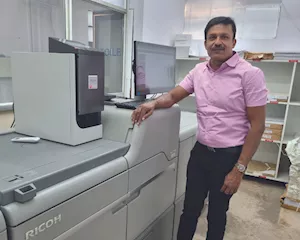
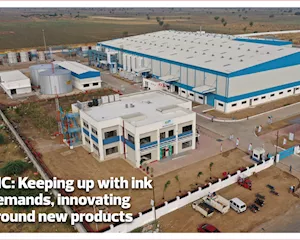
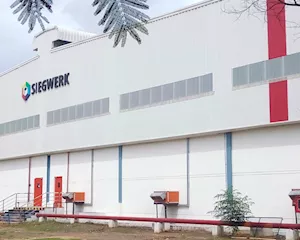
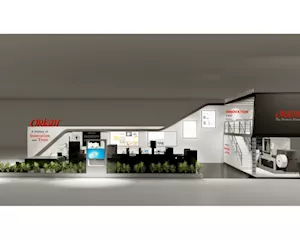
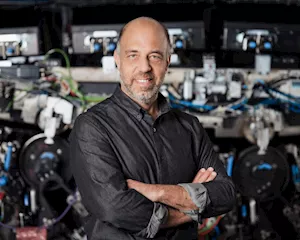






 See All
See All